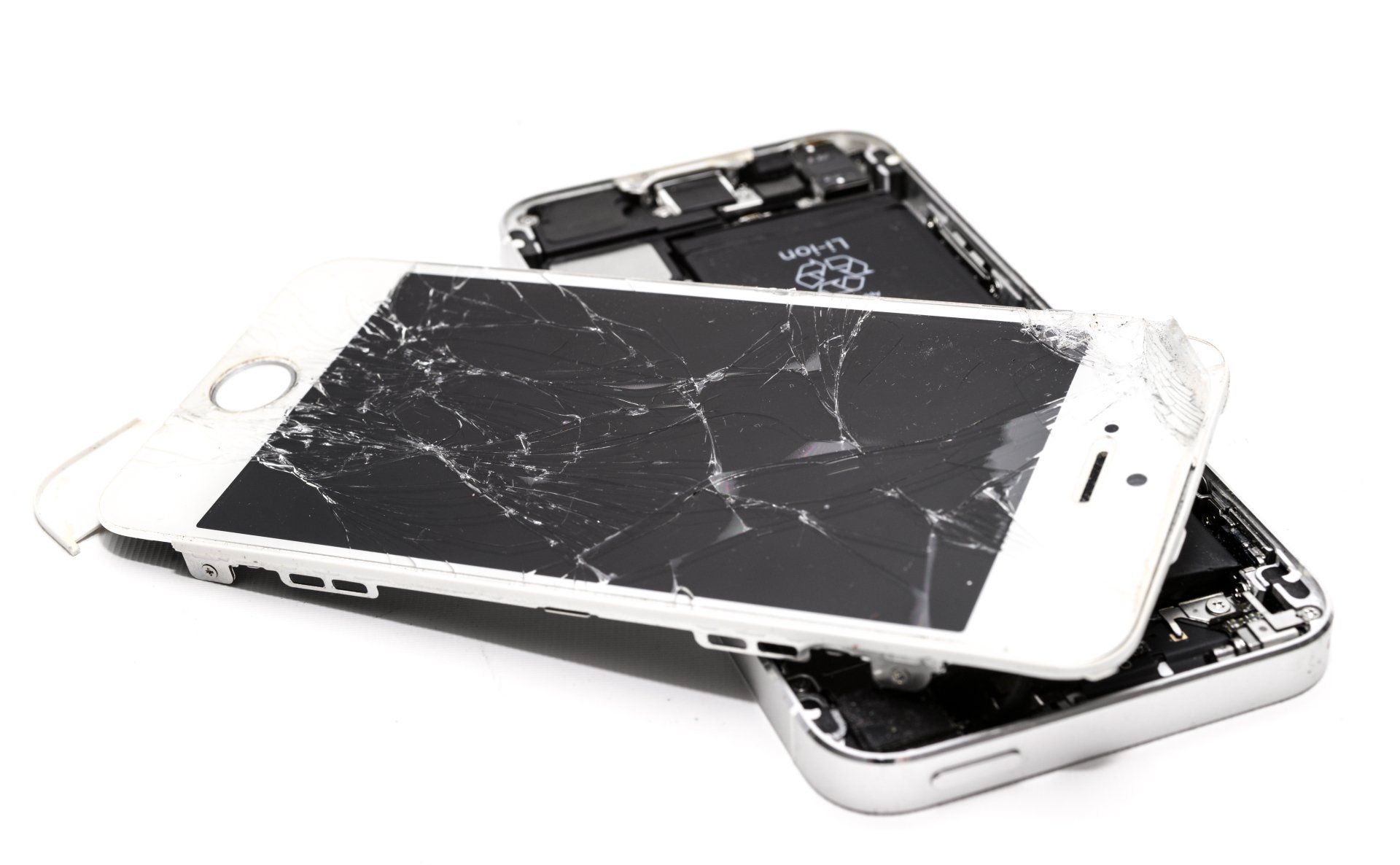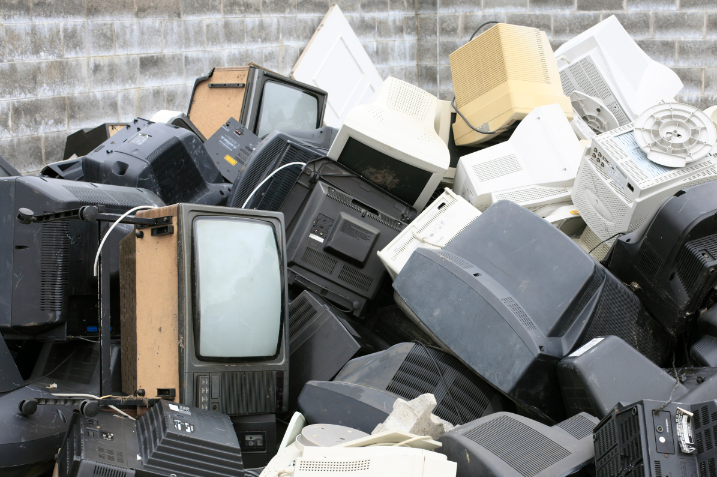E-Waste Recycling: How It Works and Why It Matters
In today’s fast-paced digital world, electronic devices have become an integral part of our daily lives. From smartphones and laptops to TVs and kitchen appliances, technology enhances our productivity, entertainment, and overall quality of life. However, this reliance on electronic gadgets has given rise to an environmental challenge: electronic waste, or e-waste.

The Growing Challenge of E-Waste
E-waste comprises discarded electronic devices that are no longer wanted or functioning. As technology rapidly advances, the lifespan of electronic products shortens, leading to an ever-increasing amount of e-waste. Without proper management, e-waste can release harmful toxins into the environment, posing health risks to humans and wildlife alike.
How E-Waste Recycling Works
E-waste recycling is a multi-step process designed to recover valuable materials from old electronics while minimizing environmental harm. Here’s a simplified overview of how it works:
Collection and Transportation: E-waste is collected from various sources, including drop-off centers, electronic retailers, and community collection events, and then transported to recycling facilities.
Sorting and Dismantling: Upon arrival, items are sorted manually or with automated systems. Devices are then dismantled, and components such as batteries and circuit boards are removed for specialized processing.
Shredding and Separation: The remaining material is shredded into small pieces. These fragments pass through separation processes, such as magnetic separation and water separation, to isolate different materials like metals, plastics, and glass.
Material Recovery: Recovered materials are sent to manufacturers for use in new products. Metals can be melted and reformed, while plastics may be processed into pellets for manufacturing new items.
Safe Disposal of Toxins: Any hazardous materials extracted during the process, like mercury or lead, are safely disposed of or treated according to environmental regulations.

Why It Matters
Environmental Protection: Recycling e-waste helps prevent toxic substances from contaminating soil and water, protecting ecosystems and reducing health risks.
Resource Conservation: E-waste recycling recovers valuable materials, reducing the need for new raw materials and conserving natural resources.
Economic Benefits: Recycling creates jobs in collection, processing, and material recovery sectors, contributing to the economy.
Data Security: Professional e-waste recyclers ensure that all personal data is destroyed, protecting your privacy.
Our Role in E-Waste Recycling
Each of us has a role to play in managing e-waste. By choosing to recycle our electronic devices responsibly, we can contribute to a healthier planet and a sustainable future. At Portage Junk Removal, we’re committed to providing easy and effective e-waste recycling solutions. Together, we can make a difference.
E-waste recycling is more than just disposing of old electronics; it’s about taking responsibility for our environment and our future. As technology continues to evolve, let’s embrace recycling as a vital step towards sustainability. For more information on how you can recycle your electronic devices, contact us today.
Check Us Out!

